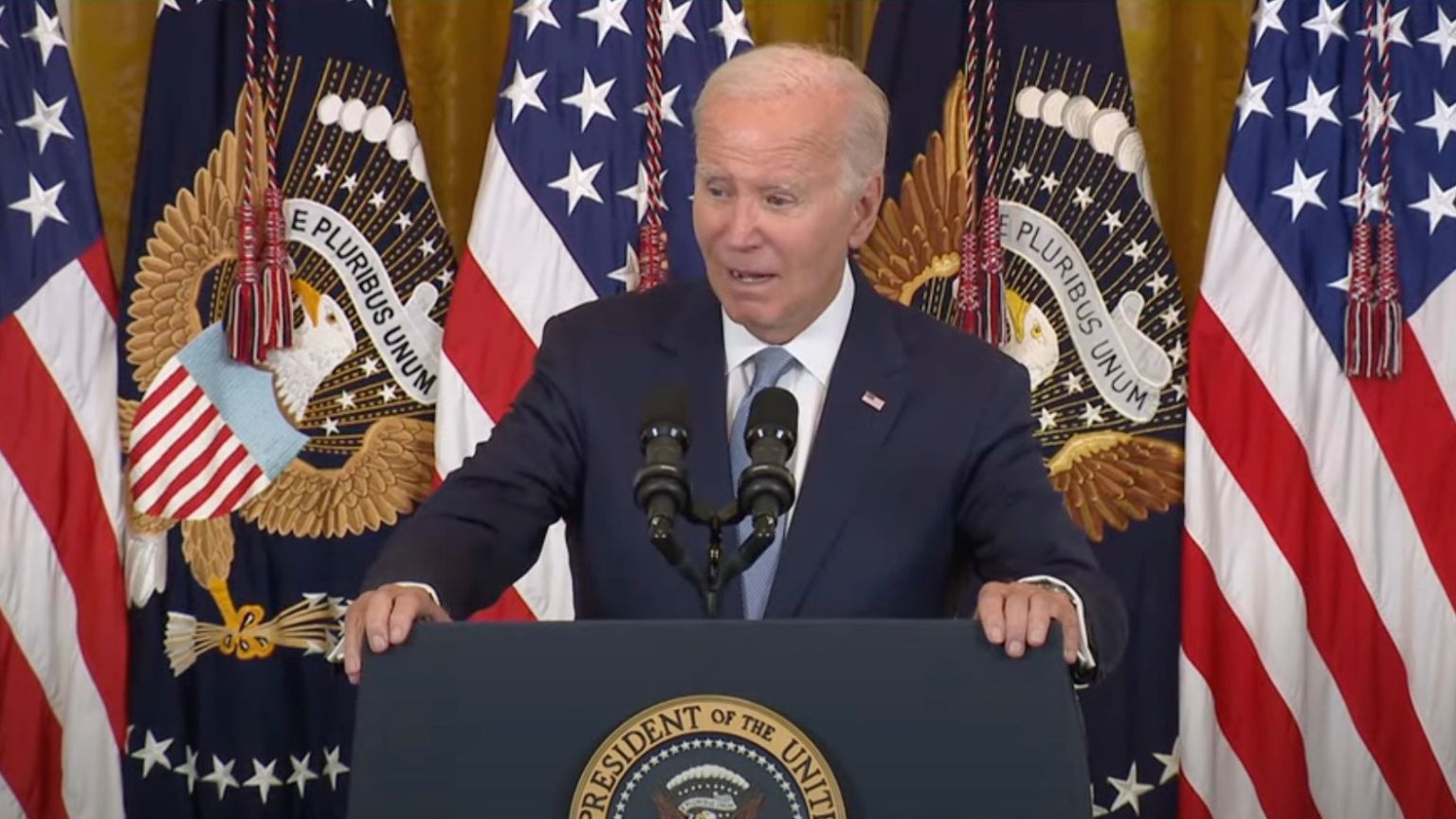A high-profile meeting was convened at the White House this week with civil rights leaders and members of the King family.
The Anti-Defamation League, supported by well-known civil rights advocates, urged President Biden and VP Harris to create a robust plan targeting online hate, antisemitism, and extremism.
The phrase “lethal threat of hate-motivated violence” was highlighted as a crisis needing immediate attention. While the issue of violent hate crimes cannot be minimized, the rush to enact potentially restrictive measures regarding online speech opens a Pandora’s Box of censorship and surveillance that could, paradoxically, undermine the very freedoms civil rights leaders have fought to establish.
ADL CEO Jonathan Greenblatt drew a connection between the recent racist shooting in Jacksonville and the landmark civil rights March on Washington, pointing out society’s enduring vulnerabilities. While few question the gravity of violence, the implication that widespread societal censorship and government oversight could serve as viable solutions invites concerns over constitutional rights, something groups such as the ADL appear to ignore when constantly pushing for online censorship.
Among the alarming suggestions was the appointment of a high-ranking “czar” focused solely on combating domestic extremism and hatred.
This hints at a centralized power structure that might marginalize dissenting views under the umbrella term of “extremism,” a term which history shows can be distressingly malleable in the hands of those in power.
Similarly, the recommendation for a Presidential Study Directive to assess current mechanisms for countering online hate raises critical questions. The notion that public and private entities could collaborate to scrutinize and regulate online behavior smacks of an Orwellian future where Big Brother monitors thoughts and expression.
The call to revive “United We Stand” summits and implement Diversity, Equity, and Inclusion (DEI) measures within federal agencies, further signals the government’s intent to institutionalize its vision of social harmony, perhaps at the cost of free dialogue and individual liberties.
In attendance were leaders from various civil rights organizations, including the National Urban League, National Coalition on Black Civic Participation, and UnidosUS. While their presence ostensibly ensured a comprehensive discussion, one must question whether the gathering fully considered the potential downsides of broad administrative action, including the chilling effects on free speech and expression.










